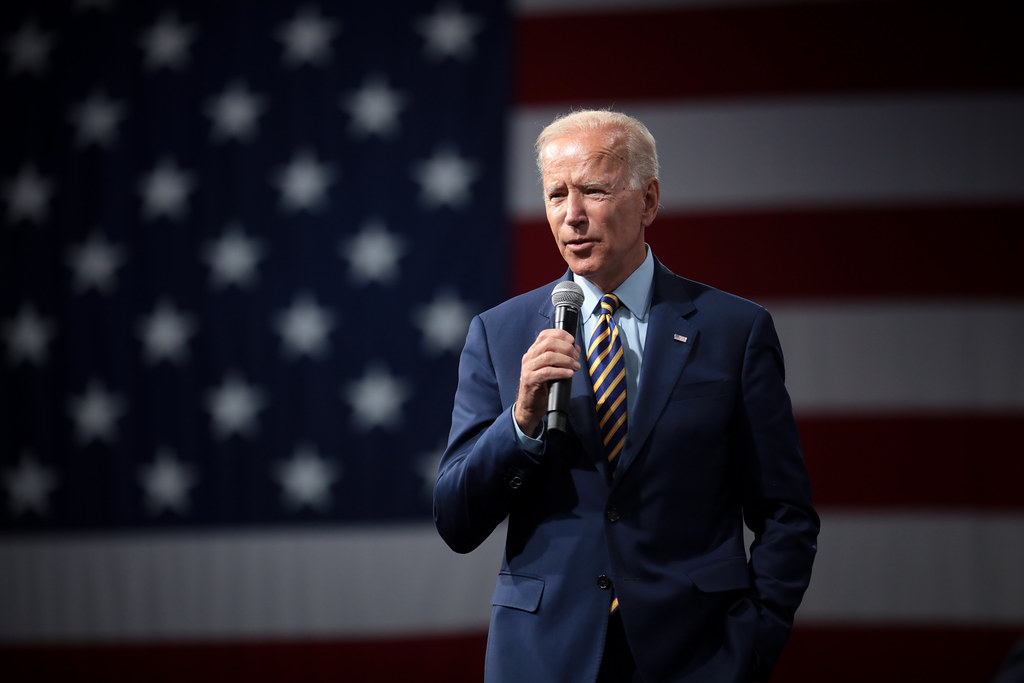Although war is not typically a major issue for voters, it may make a difference in the 2024 presidential election. With economic issues dominating their concerns, spending tens of billions to support the war in Ukraine may become a more relevant issue if it turns out to be wasted on a lost cause. With Biden's ratings consistently in the low 40 percent range, he does not have much political capital to spare. Some Republicans are already hammering on that point, and their numbers will likely grow as enthusiasm for the war continues to diminish.
The fact that Biden and the media have consistently made preposterously overconfident assessments of the chances of Ukrainian victory will soon be clear when Bachmut falls to the relentless Russian assault. While the consensus of military analysts at the beginning of the war that Russia would quickly overwhelm Ukrainian forces proved overly pessimistic, it was based in part on the recognition of Russia's overwhelming advantage in having a population more than three times that of Ukraine. That hasn't changed, and the consequences are about to become obvious. That's why EU leaders are beginning to counsel Zelensky privately that it's time to negotiate.
Russia's demographic advantage means it can field an Army three times as large as Ukraine's, making its victory in a war of attrition all but inevitable. It also has a vastly superior manufacturing base. While it's true that Russia has acquired drones from Iran, a more important fact is being largely ignored by mainstream media in the West: Stocks of NATO weapons and ammunition, on which Ukraine is entirely dependent, are being rapidly depleted. Given its emphasis on more practical (and inexpensive) weaponry, Russia can more easily gear up production and will be able to continue to wage a credible offensive as Ukraine's ability to defend itself inevitably falters. The writing is on the wall, and soon America is going to recognize it.
Already, support is falling in the United States for continuing to send increasingly expensive weapons systems, and massive protests in Europe reflect the anger of average EU citizens who are bearing severe economic costs for their leaders' support of the war. Germany, in particular, is paying sky-high prices for American LNG to replace the cheap Russian gas that until recently supplied a large percentage of its energy needs, allowing its manufacturing to compete on the world market despite comparatively high labor costs. Early factory shutdowns suggest that the manufacturing sector may collapse completely, making it even harder to pay high prices for gas for heating, cooking and electricity production. Only the destruction of the Nordstream pipelines could have assured that Germany would stay loyal to a US plan to destroy its relationship with Russia at the cost of its own economy. How convenient that turned out to be!
Democrats who continue to enthusiastically support the US proxy war on Ukraine seem oblivious to the possible consequences of Biden's stubborn insistence that the US must support Ukraine until it succeeds in pushing Russia out of its territory. There hasn't even been pushback against the neocon call for retaking Crimea, which would be an existential threat to Russia given that it is the home of their only warm-water fleet. Despite the usual pro-war propaganda in the New York Times, all indications are that the chimeric goal of expelling Russia from Ukraine is about to be revealed as the fantasy that it always was.
This should have been obvious last November, when Joint Chiefs of Staff Chairman Mark Milley called for negotiations, admitting that it was "unlikely" that Ukraine could force Russia to withdraw by military means. Instead of facing this reality, the statement was immediately walked back. In response to Milley's unexpected outburst of honesty, Biden hastily assured the world that he didn't agree with his chief military advisor and instead concurred with his neocon civilian advisors who remained confident that THIS time, they knew what they were talking about when they once again advised escalation over negotiation. Ignoring the opinion of military experts will come at a cost if there is a backlash against the neocon campaign to deceive Americans into supporting policies designed to achieve objectives that have nothing to do with helping Ukrainians defend themselves.
Recent events suggest that Biden has finally realized that it's time to bail on Ukraine, but that it must be done in a way that absolves him from blame for following the advice of the neocon advisers who talked him into this disastrous course. The simultaneous announcements of Germany and the US that Russia had not bombed its own Nordstream pipelines, as originally claimed, were suspiciously timed. These vague and unsubstantiated reports came out shortly after the publication of an article by Pulitzer Prize-winning journalist Seymour Hersh that laid out a detailed history of how the US planned and executed the bombing. After the story was referenced in a Washington Post article, the US and Germany independently found evidence that pointed the finger at shadowy Ukrainian figures who could be clandestinely connected to the military or intelligence services prepares the way to eventually cast blame on the Ukrainian government.
Such potentially damning reports are likely to continue until the US decides it is safe to wash its hands of the mess it has created, with the excuse that Ukraine doesn't deserve further support.
But will it be in time to save Biden's reelection chances?






